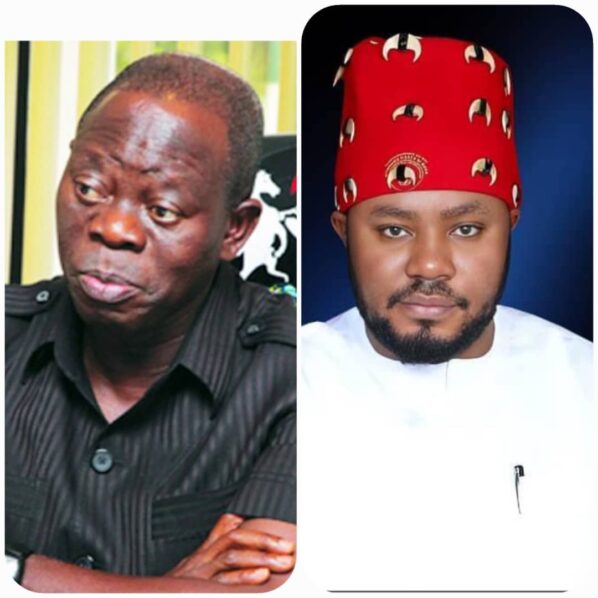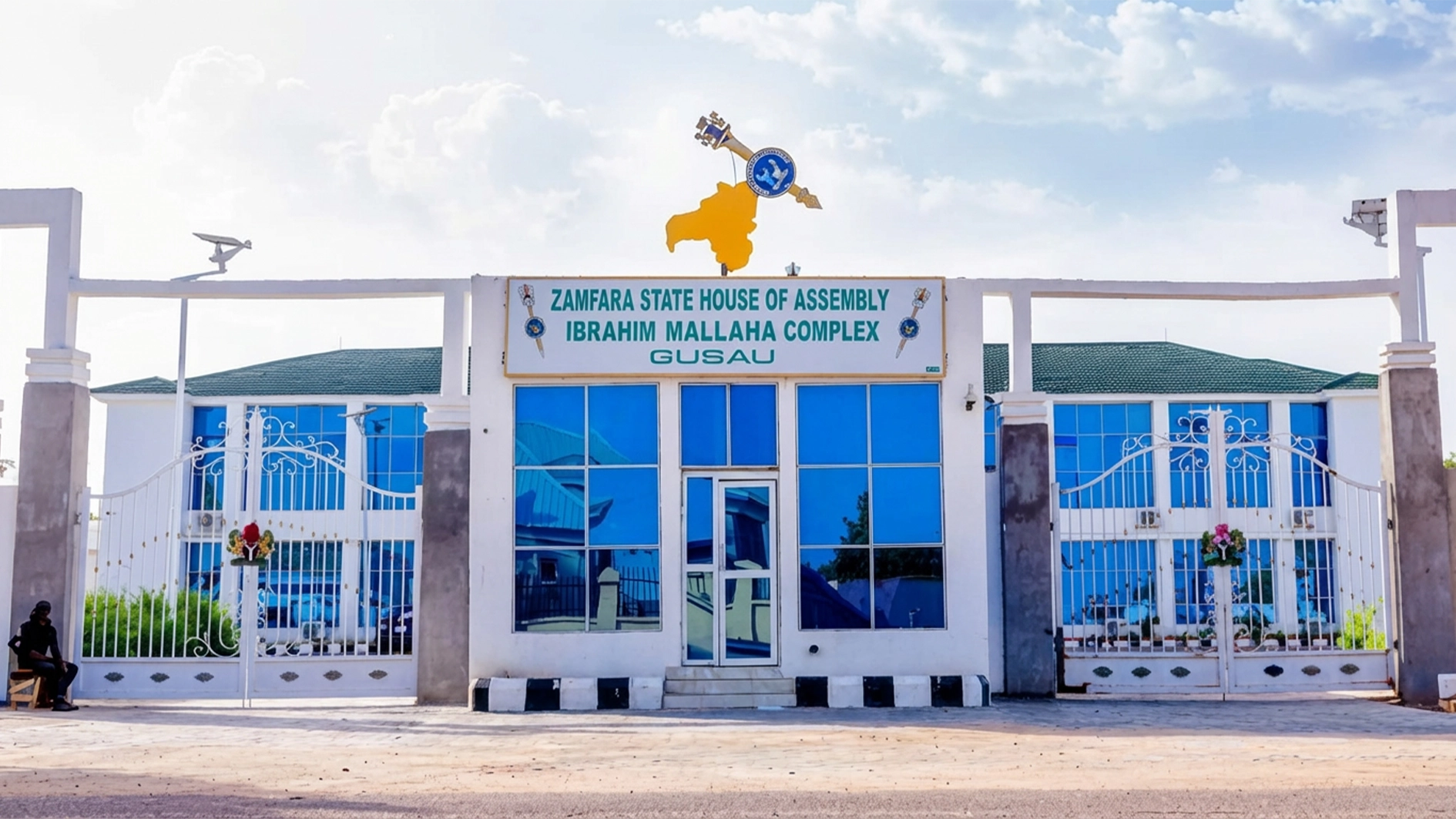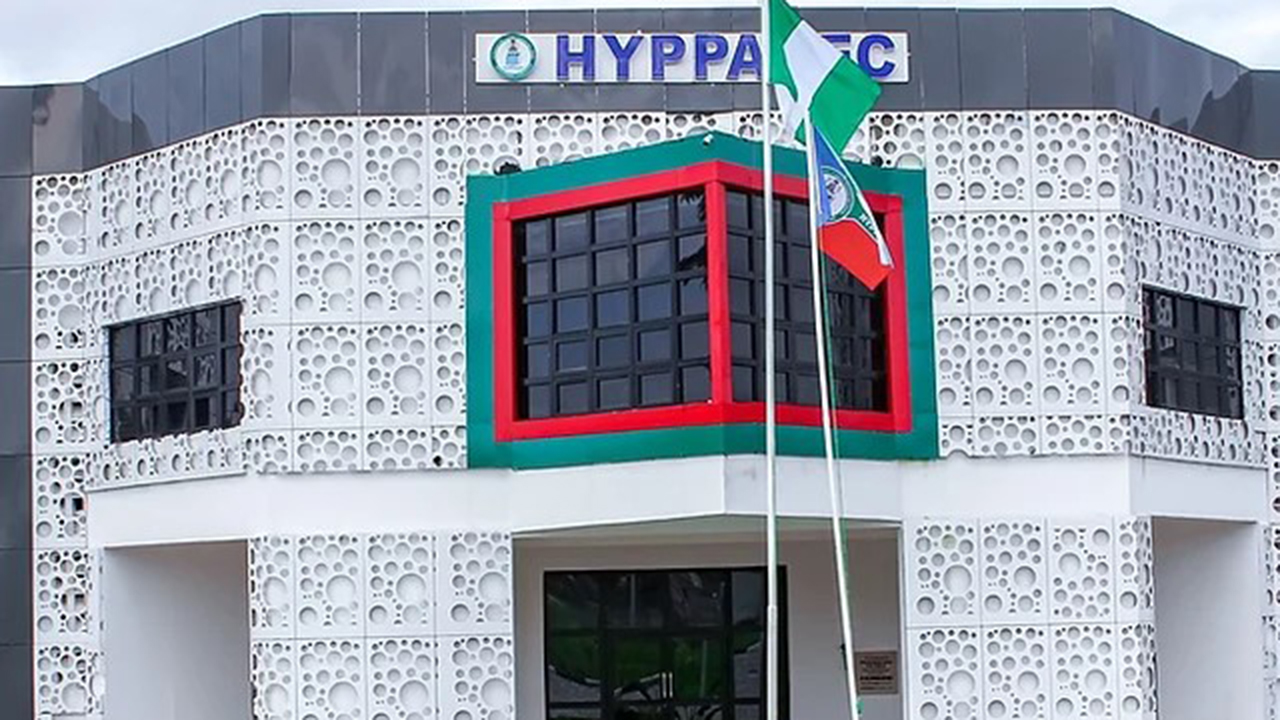 The Nigerian Navy, Members of the National Assembly, and the Coalition of Civil Society Groups were among those opposing the Bill for an Act to establish the Nigerian Coast Guard.
The Nigerian Navy, Members of the National Assembly, and the Coalition of Civil Society Groups were among those opposing the Bill for an Act to establish the Nigerian Coast Guard.
Recall that the Senate Committee on Marine Transport had initially slated November 7 for the public hearing on the Bill, but it was postponed due to the death of the Chief of Army Staff, General Taoreed Lagbaja.
The bill, sponsored by Senator Wasiu Eshilokun (APC-Lagos), seeks to enact legislation to make the Nigerian Coast Guard a full-fledged military service and a branch of the Armed Forces of Nigeria, to be domiciled under the Ministry of Marine and Blue Economy.
At the public hearing held in the National Assembly Library on Thursday, the Nigerian Navy strongly objected to the establishment of the Nigerian Coast Guard, citing duplication of functions, security threats, incoherent crafting of the bill, resource constraints, and economic imperatives, among others.
The Chief of Training and Operations, Nigerian Navy, Rear Admiral Olusegun Ferreira, representing the Chief of Naval Staff, analyzed Nigeria’s maritime security needs and global best practices, providing examples of consolidated maritime security frameworks.
He said, “The United Kingdom does not have a Coast Guard with military powers similar to those being proposed in this bill. Rather, the Royal Navy is responsible for military defense and maritime security operations, including facial protection, as cited from the House of Commons briefing paper of 2020.
“On the other hand, the UK Coast Guard is under the Maritime and Coast Guard Agency, which manages search and rescue and occupational safety. In fact, the UK Coast Guard is also known as a volunteer organisation. It is not funded by the government but by charity. The UK example symbolises a resourceful naval force working with complementary civilian agencies to manage maritime safety.
“Let’s also consider the United States of America. The US Coast Guard operates under the Department of Homeland Security, focusing on law enforcement, environmental protection, and search and rescue, while the US Navy, under the Department of Defense, is primarily an expeditionary force projecting power far beyond the shores.
“South Africa has opted to enhance its network capacity instead of establishing a Coast Guard, recognizing budget constraints and prioritising a unified labour force for all maritime security and defense functions. The South African Navy performs both military roles and law enforcement functions, supported by government agencies and non-military tasks like environmental protection. This approach, similar to what is practised in Nigeria and several developing countries, minimises redundancy and ensures that the country’s limited resources are well managed.
“Given Nigeria’s regional maritime focus and resource constraints, creating a similar structure will lead to redundant functions and stretch limited resources.”
Senator Adams Oshiomhole, Chairman of the Senate Committee on Interior, also opposed the bill, stating that Nigeria is living on borrowed funds and that it is improper to take loans to establish a new agency.
Oshiomhole further questioned the rationale for establishing a military service and placing it under the Ministry of Marine and Blue Economy instead of Defense.
“So why do we need an Armed Forces to be controlled by the Blue Economy Ministry instead of the Ministry of Defense?” Oshiomhole asked rhetorically.
Rep. Philip Agbese, representing Ado/Okpokwu/Ogbadibo Federal Constituency of Benue State, expressed strong opposition to the bill, emphasizing that Nigeria should focus on strengthening existing agencies and institutions rather than creating irrelevant ones with overlapping functions.
Agbese, the Deputy Spokesman of the House of Representatives, expressed disappointment that agencies under the Marine Ministry, which previously objected to the establishment of a Marine Corps, were now hypocritically supporting the creation of a Coast Guard.
“I was at the House of Representatives Committee public hearing, particularly with the Navy, where the committees dissected the issue of the Marine Corps Bill. Agencies in the Ministry of Marine and Blue Economy categorically stated there was no need for another agency to support the Navy’s work.
“Now, some of the same people who opposed that bill are here supporting this one. What has changed in just 14 days?” he questioned.
Agbese also referenced state security outfits, such as Amotekun in Osun State, created during the tenure of Gboyega Oyetola, now Minister of Marine and Blue Economy, which failed to resolve insecurity issues, arguing that creating a Coast Guard would not address insecurity in Nigeria’s waterways.
Various speakers, including Dr. Emeka Akabogu, Honorary Secretary of the Nigerian Maritime Law Association; Rear Admiral Chris Ezekobe (Rtd.); and Igwe Ude Umanta, representing a coalition of 10 Civil Society Groups, all rejected the establishment of the Nigerian Coast Guard and urged the Senate to drop the bill.






